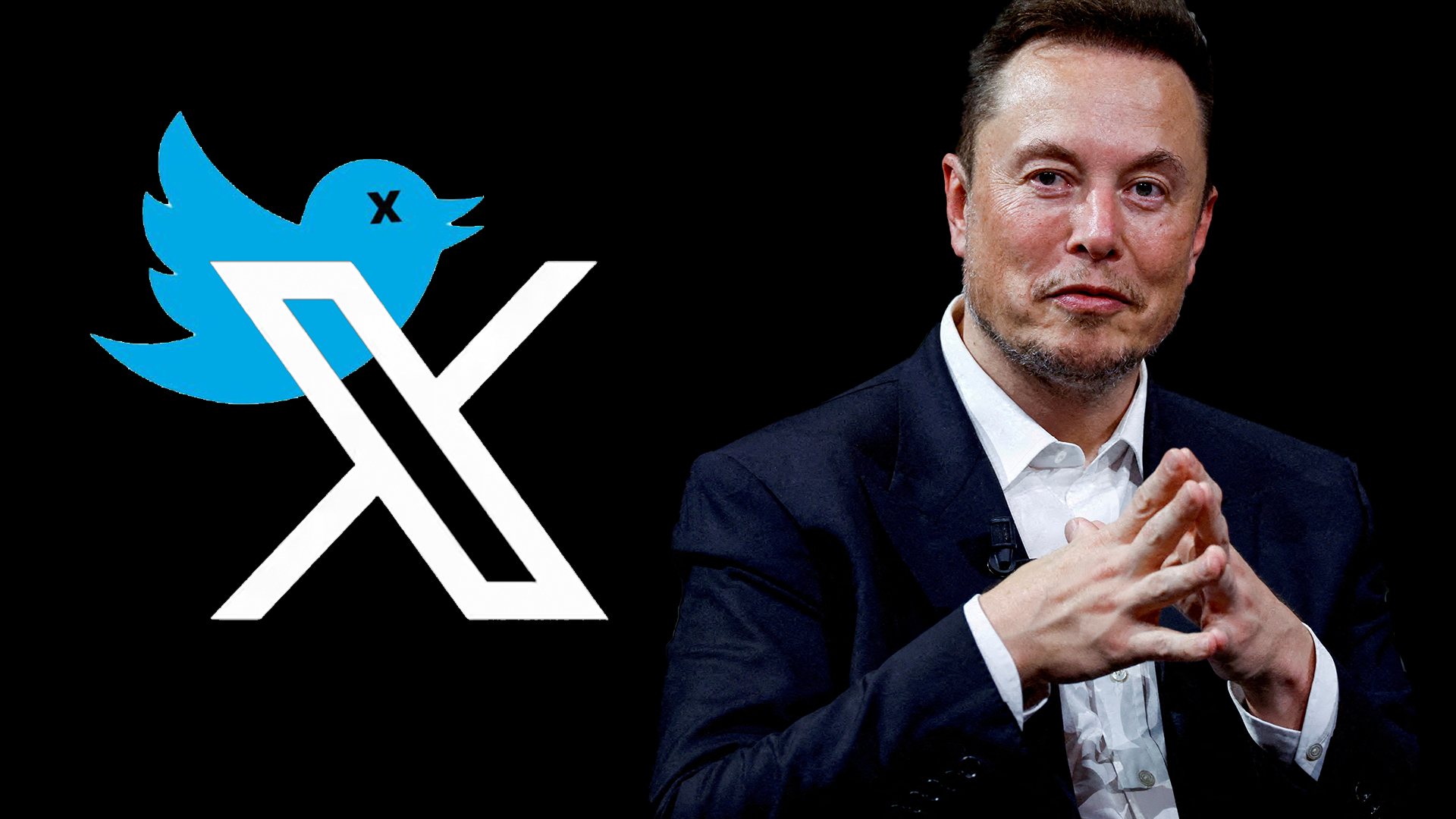
‘Elon Musk’s Twitter Takeover’: Reflecting on a Year of Billionaire Disruption
The tumultuous events surrounding Elon Musk’s acquisition of Twitter have been extensively documented over the past year. This has unfolded publicly for anyone who has visited the platform since he finalized the deal. Instead of brief 140-character updates, the documentary “Elon Musk’s Twitter Takeover,” directed by James Jacoby, offers a comprehensive examination of the impulsive billionaire’s ambitious venture into a new realm of business.
The film features interviews with a variety of individuals connected to Musk, though without direct access to the man himself. These include journalists like Kara Swisher, biographer Walter Isaacson, and former Twitter employees such as Yoel Roth. These voices provide insights into what it’s like to be singled out by Musk and exposed to his massive social media following.
What becomes apparent through these interviews is Musk’s “impatience and impulsiveness,” in the words of Isaacson. This behavior led him from the initial idea of assuming a seat on Twitter’s board to purchasing the entire company, attempting to withdraw from the agreement, and ultimately proceeding with it. Along the way, he expanded his influence into the realm of politics while seemingly undermining Twitter’s reliability as a mass communication tool through a series of impromptu decisions.
Swisher, who was once an admirer of Musk but has since become critical, suggests that Musk’s fundamental misconception is a common one among billionaires. Namely, the belief that their success in one field can instantly translate into another, much like a professional athlete assuming they can excel in a different sport.
The potential consequences of Twitter, now rebranded as X, faltering due to this flawed assumption extend beyond the company itself. It raises concerns about the proliferation of misinformation and the role Twitter has played as a news source during emergencies and crises.
The documentary highlights that Musk’s professed belief in absolute free speech has not consistently aligned with his management of the platform. This has led to accusations of hypocrisy for banning accounts that personally offended him, such as one tracking the whereabouts of his private jet.
Isaacson delves into pop psychology by discussing how Musk’s childhood experiences of bullying continue to motivate him. He is on more solid ground when discussing how Musk actively seeks out conflict and new challenges, stating, “When things are calm, he seeks out storms.”
Musk’s ownership of Twitter has undoubtedly created a storm, granting him control over its influential megaphone during a precarious period in both US politics and the world at large. While Musk may sit at the center of this storm, “Elon Musk’s Twitter Takeover” compellingly argues that the potential damage from these tumultuous events extends far beyond the billionaire himself.
Frontline’s “Elon Musk’s Twitter Takeover” is set to premiere on October 10 at 9 p.m. ET on PBS.